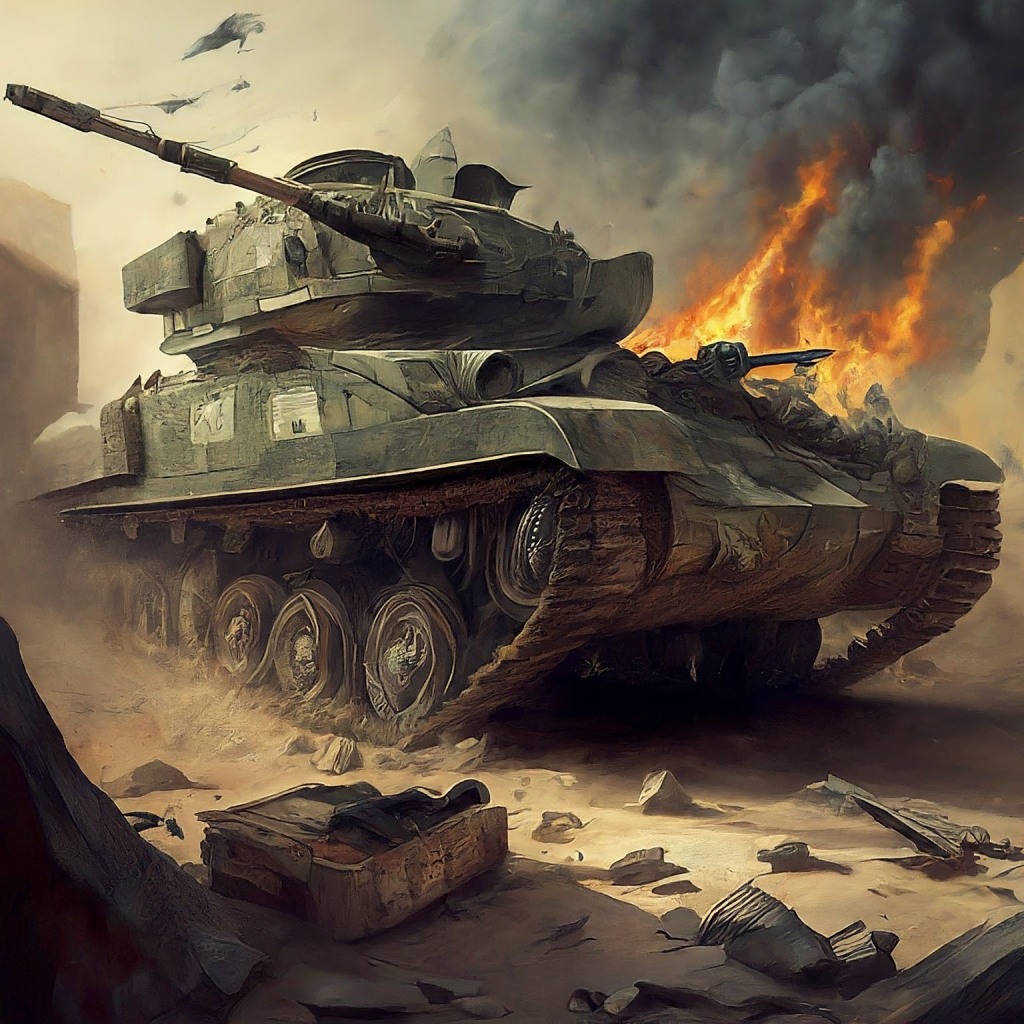Cold War 1.0 was not only about two major powers, USA and USSR, but also about their ideologies of influence. After World War 2, many new states formed or got independent, and their fate was decided by these global powers. The best example we could see in history was the Korean War in 1950. Where South Korea was USA’s democracy, and North Korea was USSR’s autocracy. The USA becoming a might exhibited the world how powerful democracies can become. In contrast, the fall of the USSR left a question, “Are democracies the only way to prosper?”.

1991 saw the fall of Soviet ideology, but Communist China was emerging expeditiously, focusing its red eyes on global trade and exacting the USA’s hegemony.
Therefore, democracies are not the only way to develop. Human Rights still remain a prime issue in Authoritarian and Hybrid regimes, but sometimes it may end as a better developing of a country’s GDP like Middle East.
It is not only related to development or the country’s economy, but also the political leadership. After the fall of the USSR, democratic leaders from the USA and Europe enjoyed soft power over third-world countries. However, Putin’s arrival in world geopolitics gashed the USA and its partners.
Around the same time, China’s GDP was showing signs of boom. While Mao focused on capturing land and making China a global military power. The arrival of Deng Xiaoping transformed China’s market from previous Maoist policies to a new form of Capitalism. Yes, the Capitalism of China was different from what the West believed. China ranks second in the world’s GDP and will replace the USA soon at the top. So, my question at the very first “Are democracies the only way to prosper?”, is a simple No and the Communist China has proved it.
The debate of democracies vs dictators is a hot topic in this Cold War 2.0, where the USA seeks to control the globe with its democratic agenda. China, an emerging power, wants to turn the table with its hybrid authoritarian policies with support from Russia and like-minded. Leaders now don’t want to be under the limelight of America’s feet, whether it is MBS (from Saudi Arabia) or Erdogan (from Turkiye), which in the past have been aligned with US policies.

After Russia’s invasion of Ukraine, the powers from Asia, Africa, and South America don’t want the powers of Europe, the USA, and its allies to control global markets. De-dollarization is discussed among BRICS and SCO countries and more countries want to be a part of such groups. But still, the dominance of the Dollar won’t be gone soon however hard the countries try. So there’s a confusing side, you might think countries may group according to Democracy vs Autocracy. Russia’s invasion of Ukraine divided the world more than ever, now dominance matters more than just ideologies. You’ll see democracies like India, Brazil, and South Africa grouping closely with Russia, China, and Iran. Or autocracies like Azerbaijan engaging more with EU partners for their energy utilization.
So, I am not keeping it long, there’s a twist in some recent years for the Democracies in the world. While Myanmar’s democracy was gone in a day after the takeover by the military junta. The USA in 2021 witnessed the January 6 Capitol Hill event as Black Day for their democracy. Recent clashes between two factions in Brazil over Bolsonaro’s defeat are some of the major events democracies are facing all over the world. Sri Lanka, a small island country, now a bankrupt state is an example of how democracies could fail if handed to corrupt leaders. The path to being a democracy and sustaining it is a challenge in itself. While Autocracies don’t run smoothly either but they are good at managing masses or silencing them, taking examples from Iran (Anti-Hijab protests) or China (Anti-Covid Restriction protests). Here’s a take, now the majority of countries see the future as a multipolar world, which in turn will get more and more complex. United Nations with its World War 2 era mindset is not providing means to stop conflicts and is so fragile. There seems to be no mechanism in the world right now to stop a major war, which we are seeing in the case of the ongoing war in Ukraine. The world must embrace itself for a bigger war, that is coming, and inevitable. The only hope is, that it does not end mankind. Okay, let’s not go there…
So, I started my blog with a question if democracies are dying? And if they are, Autocracy or Dictators are not the best answer to them. So what then? The answer is confounding. Russo-Ukrainian War is almost completing one year, and there’s no winner yet. But many losers, especially humanity. Some strong men, strong governments, and their egos are keeping our lives at stake. Whether it is Democracy or Autocracy, people are struggling. It comes to a point, who struggles less. And for now, I can say that democracies are a bit far from dooming. Nevertheless, the world is changing and evolving, developed countries have attained their peaks, developing countries are giving them challenges, and the underdeveloped world is viewing and facing chaos. Let’s see where this next decade takes us, cause the next 7-8 years will be the most consequential years for the World. So, watch out for major geopolitical changes in and around the globe. I will end this blog with a phrase we all be needing for the next roller-coaster decade, “Embrace the Chaos”.













